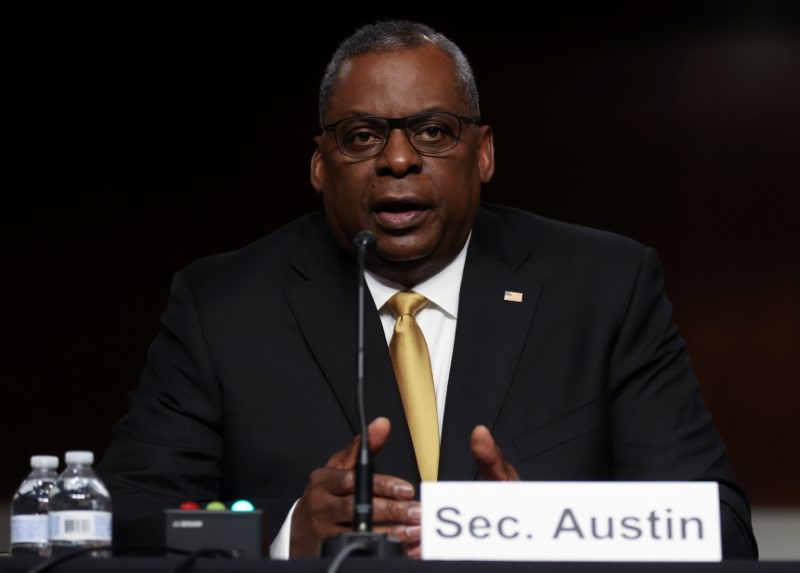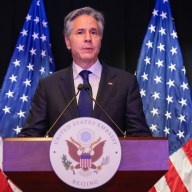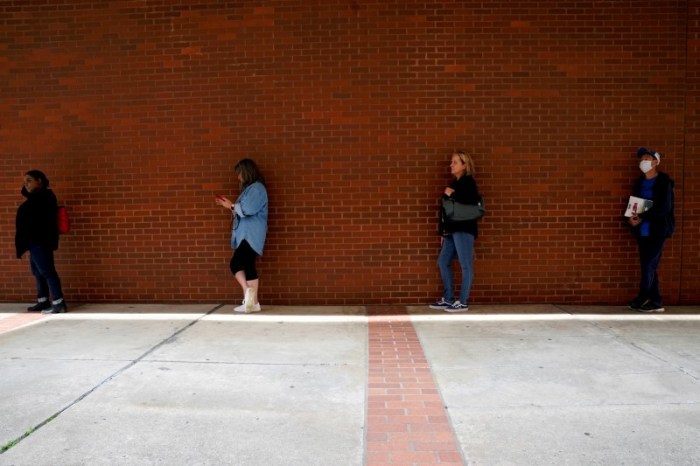WASHINGTON (Reuters) -Top U.S. military leaders said on Thursday that international militant groups like al Qaeda could pose a threat from Afghanistan to the U.S. homeland and American allies in two years.
President Joe Biden’s decision to withdraw troops completely from Afghanistan by September has raised concerns that the country could erupt in full-scale civil war, providing al Qaeda space in which to rebuild and plan new attacks on U.S. and other targets.
“It would take possibly two years for them to develop that capability,” U.S. Defense Secretary Lloyd Austin said during a congressional hearing.
Chairman of the Joint Chiefs of Staff General Mark Milley said he agreed with the timeline and said there was a medium risk at the moment.
“If there was a collapse of the government, or a dissolution of the Afghan security forces, that risk would obviously increase,” Milley said.
The comments are some of clearest signs of concern in the military and intelligence community about the threat militant groups could pose from Afghanistan and the risks of a complete withdrawal.
A United Nations report in January said there were as many as 500 al Qaeda fighters in Afghanistan and that the Taliban maintained a close relationship with the Islamist extremist group. The Taliban denies al Qaeda has a presence in Afghanistan.
The United States has completed more than half of its military withdrawal from Afghanistan, which is expected to be finished well before September, nearly 20 years after al Qaeda’s attacks on the United States triggered the war.
Biden has said the United States has the ability to keep an eye on any resurgence of al Qaeda in Afghanistan without keeping a military footprint, but his administration is still trying to negotiate basing agreements in the region.
(Reporting by Idrees Ali and Phil Stewart; Editing by Chizu Nomiyama and Dan Grebler)



















